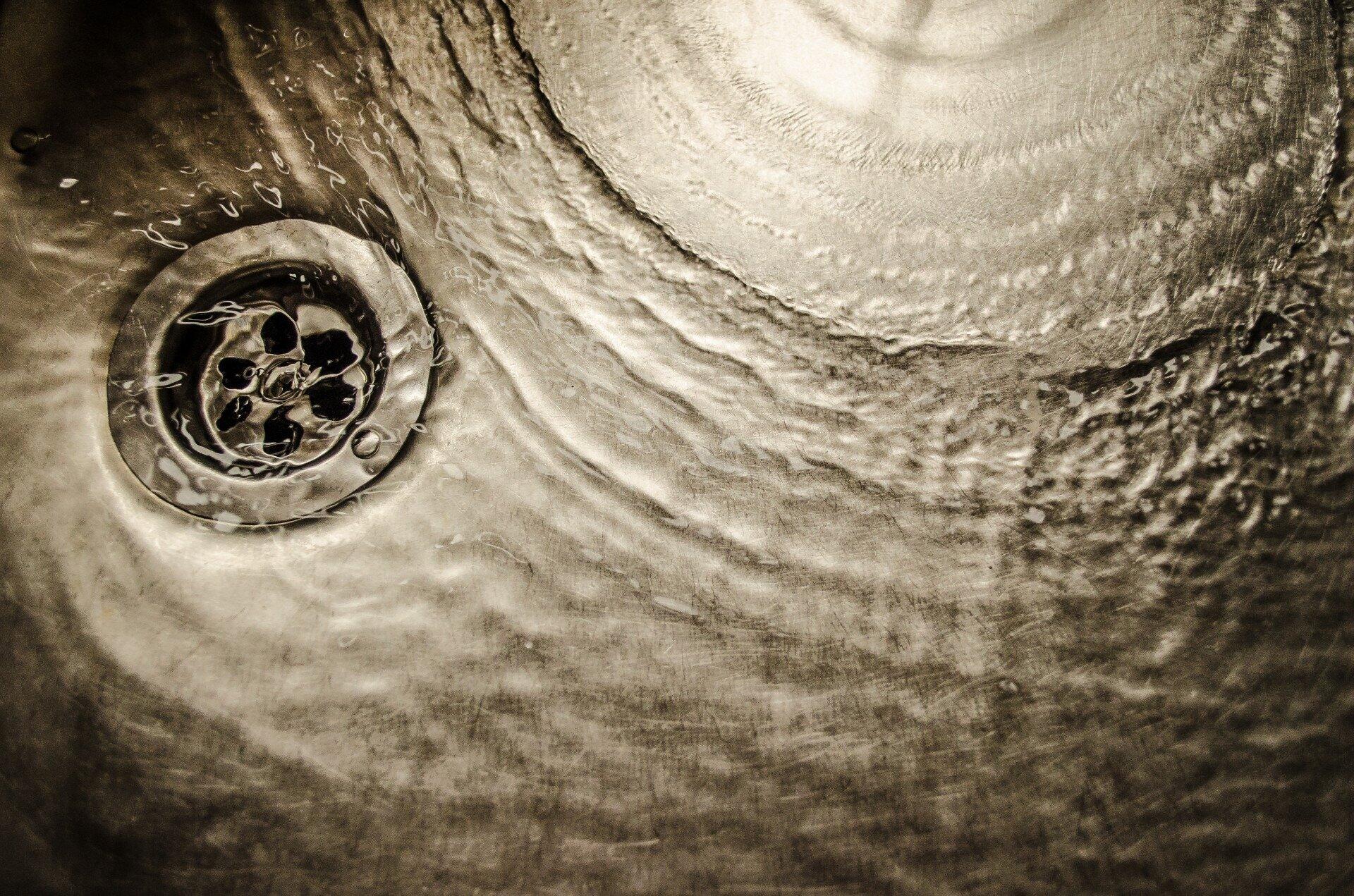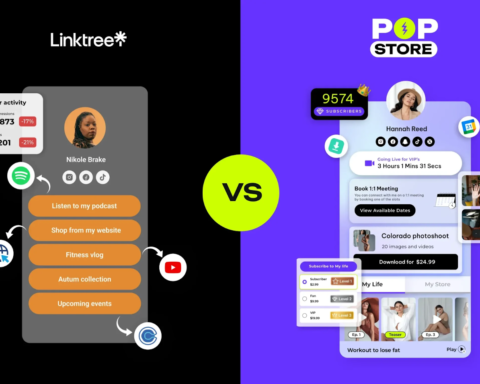Security cameras are an important tool for ensuring the safety and security of people and property. However, the use of security cameras also raises concerns about data security and privacy. In this article, we will discuss the importance of data security and privacy in security camera usage.
The Importance of Data Security and Privacy
Data Security
Data cameras security refers to the protection of data from unauthorized access, use, disclosure, disruption, modification, or destruction. In the context of security cameras, data security refers to the protection of the video footage captured by the cameras. The importance of data security in security camera usage cannot be overstated. Video footage captured by security cameras can contain sensitive information, such as personal identifying information or confidential business information. If this information falls into the wrong hands, it can be used for malicious purposes, such as identity theft or corporate espionage.
In addition, security camera footage can be used as evidence in legal proceedings. If the footage is not properly secured, it may be tampered with or otherwise compromised, which can result in the evidence being thrown out. To ensure data security in security camera usage, it’s important to choose a secure storage solution for video footage. This may include using encryption to protect the footage from unauthorized access, using a secure server to store the footage, or limiting access to the footage to authorized personnel only.
Privacy
Privacy is another important consideration when it comes to security camera usage. Privacy refers to the right to be left alone and the right to control personal information. In the context of security cameras, privacy refers to the protection of individuals’ personal information and the right to be free from surveillance. The use of security cameras can raise concerns about privacy, particularly in public spaces. Individuals may feel uncomfortable being monitored or may feel that their privacy is being violated if they are being recorded without their knowledge or consent.
Tip: To ensure privacy in security camera usage, it’s important to be transparent about the use of cameras and to obtain consent when necessary. This may include posting signs indicating that cameras are in use, obtaining consent from employees or customers who will be monitored, or limiting the use of cameras to public areas only.
Regulations
Data security and privacy in security camera usage are also governed by regulations at the local, state, and federal levels. These regulations may include requirements for how video footage is collected, stored, and used, as well as requirements for obtaining consent from individuals who are being monitored. Failure to comply with these regulations can result in legal and financial consequences, including fines and lawsuits.
Tip: To ensure compliance with regulations, it’s important to stay up-to-date on relevant laws and regulations and to follow best practices for data security and privacy in security camera usage.
Conclusion
In conclusion, data security and privacy are important considerations when it comes to security camera usage. To ensure that video footage is protected from unauthorized access and that individuals’ privacy rights are respected, it’s important to choose a secure storage solution for video footage, be transparent about the use of cameras, obtain consent when necessary, and comply with relevant laws and regulations. By following these tips, you can ensure that your security camera system is effective and respectful of individuals’ privacy rights.








